Home>Garden Essentials>How Long Do Brussel Sprouts Take To Germinate
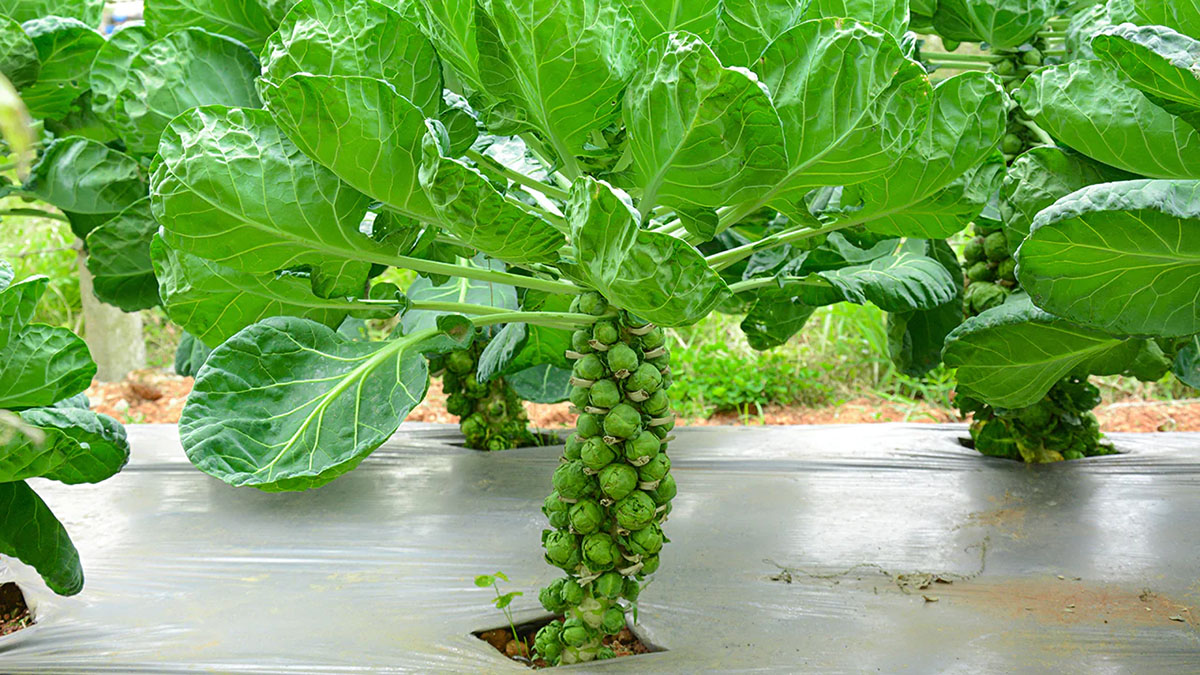

Garden Essentials
How Long Do Brussel Sprouts Take To Germinate
Modified: March 16, 2024
Learn how long brussel sprouts take to germinate in your garden. Find out the optimal conditions and steps for successful germination.
(Many of the links in this article redirect to a specific reviewed product. Your purchase of these products through affiliate links helps to generate commission for Storables.com, at no extra cost. Learn more)
Introduction
Welcome to the world of gardening! If you’re a beginner or an experienced gardener looking to expand your vegetable repertoire, you may be wondering how long it takes for Brussels sprouts to germinate. Germination is the process by which a seed sprouts and begins to grow into a new plant. Understanding the germination timeline and the factors that affect it can help you plan and care for your Brussels sprouts more effectively.
Brussels sprouts (Brassica oleracea var. gemmifera) are a cool-season vegetable that belong to the cabbage family. They are known for their delicious mini-cabbage-like heads that grow along the stem of the plant. To grow your own Brussels sprouts, you’ll need to start from seeds, which requires a bit of patience and understanding of the germination process.
In this article, we’ll explore the timeline of Brussels sprout germination and provide insights into the factors that can affect this process. We’ll also share tips for creating ideal germination conditions and ensuring successful germination. So, let’s dive in and learn more about how long it takes for Brussels sprouts to germinate!
Key Takeaways:
- Brussels sprout seeds typically take around 7 to 14 days to germinate. Factors like temperature, moisture, and seed quality can influence the timeline. Patience and proper care are key for successful germination.
- Providing optimal conditions like cool soil temperature, consistent moisture, and proper seed depth can increase the chances of timely and uniform germination. High-quality seeds and good air circulation also play important roles in successful sprouting.
Read more: How Long To Steam Brussel Sprouts In Steamer
Understanding Germination
Germination is a fascinating natural process that marks the beginning of a plant’s life cycle. It is the process by which a seed transforms into a seedling, ready to emerge from the soil and begin its growth. Understanding the steps involved in germination can help you better care for your Brussels sprout seeds and ensure optimal conditions for their development.
The germination process can be divided into several stages. It begins with the absorption of water by the seed, which activates biochemical changes within the seed. Enzymes are activated, and stored nutrients within the seed begin to be broken down and converted into energy for the growing seedling. This energy is used to push through the seed coat and develop the first roots, known as the radicle. As the radicle grows, it anchors the seedling in the soil, providing stability and access to nutrients.
After the radicle develops, the embryonic shoot, also called the hypocotyl, starts to elongate and push through the soil. Once exposed to light, it begins to grow into the stem and leaves. At this stage, the seedling starts photosynthesizing, producing its own food through the energy of the sun.
Throughout the germination process, the young seedling relies on a delicate balance of water, oxygen, and temperature to develop properly. If any of these factors are not optimal, germination may be delayed or even prevented.
Now that we have a basic understanding of germination, let’s explore some of the factors that can influence the time it takes for Brussels sprout seeds to germinate.
Factors Affecting Germination Time
The time it takes for Brussels sprout seeds to germinate can vary depending on several factors. Understanding these factors can help you predict and control germination time, ensuring successful seedling development. Let’s take a closer look at some of the key factors that can affect germination time:
- Temperature: Brussels sprout seeds germinate best in cool soil temperatures ranging from 60 to 70 degrees Fahrenheit (15 to 21 degrees Celsius). Higher temperatures can inhibit germination, while lower temperatures can slow it down. If the soil temperature is too high, it’s advisable to provide shade or use a mulch to cool the soil around the seeds.
- Moisture: Adequate moisture is essential for germination. Brussels sprout seeds need consistent moisture to absorb and trigger the biochemical changes necessary for sprouting. However, excessive moisture can lead to fungal diseases and rot. Keep the soil evenly moist, but not waterlogged, by watering gently and using well-draining soil.
- Light: Brussels sprout seeds do not require light to germinate. In fact, they actually prefer darkness. Therefore, cover the seeds with a thin layer of soil, about 1/4 to 1/2 inch deep, to provide the darkness they need for optimal germination.
- Seed Quality: The quality of the seed plays a significant role in germination time. Fresh, high-quality seeds have a higher germination rate and tend to sprout more quickly. It’s important to obtain your Brussels sprout seeds from a reputable source to ensure their viability.
- Seed Treatment: Some gardeners opt for seed treatments, such as soaking the seeds in water or a seed-starting solution, to expedite germination. While not necessary, these treatments can help soften the seed coat and promote faster germination.
- Seed Depth: Brussels sprout seeds should be planted at the proper depth to facilitate germination. Plant the seeds about 1/4 to 1/2 inch deep in the soil. Planting too shallow can cause the seeds to dry out, while planting too deep can inhibit their emergence.
By considering these factors and providing the optimal conditions for germination, you can increase the chances of a successful and timely sprouting of your Brussels sprout seeds. Now, let’s explore the ideal conditions for germination in more detail.
Ideal Conditions for Germination
Creating the ideal conditions for germination is crucial for the successful sprouting of Brussels sprout seeds. By providing the right environment, you can encourage faster and more uniform germination, setting the stage for healthy seedlings. Here are the key factors to consider when creating the ideal conditions for germination:
- Temperature: As mentioned earlier, Brussels sprout seeds prefer cool soil temperatures for germination. Aim for a temperature range between 60 and 70 degrees Fahrenheit (15 and 21 degrees Celsius). You can use a soil thermometer to monitor the temperature and make adjustments if needed.
- Moisture: Consistent moisture is essential for the successful germination of Brussels sprout seeds. Ensure that the soil is evenly moist but not waterlogged. To maintain moisture levels, mist the soil surface with water daily or use a plastic cover or humidity dome until the seeds germinate.
- Light: Brussels sprout seeds do not require light to germinate and actually prefer darkness. Cover the seeds with a thin layer of soil, about 1/4 to 1/2 inch deep, to provide the darkness they need. However, once the seedlings emerge and develop their first set of true leaves, they will require adequate light for proper growth.
- Seed Quality: High-quality seeds are essential for successful germination. Ensure that you obtain your Brussels sprout seeds from a reputable source. Look for seeds that are fresh, viable, and have a high germination rate. Proper seed storage is also important to maintain seed viability.
- Air Circulation: Good air circulation is important to prevent fungal diseases and promote oxygen exchange for the developing seedlings. Avoid overcrowding the seedlings and provide adequate spacing between them to allow for proper air circulation.
- Seed Starting Mix: Using a quality seed starting mix can provide the ideal texture and drainage necessary for germination. Avoid using heavy garden soil, as it can become compacted and hinder seedling development. Seed starting mixes are typically light, well-draining, and sterile.
By considering these ideal conditions and making the necessary adjustments, you can create a favorable environment for Brussels sprout seed germination. Patience is key during this process, as germination time can vary depending on various factors. Now that we understand the ideal conditions, let’s explore the typical timeline for Brussels sprout germination.
Brussel sprouts typically take 5-10 days to germinate. Keep the soil consistently moist and at a temperature of 70-85°F for best results.
Germination Timeline of Brussels Sprouts
The germination timeline of Brussels sprouts can vary depending on factors such as temperature, moisture, and seed quality. While each seed may have its own pace, understanding the general timeline can help you anticipate the growth and development of your Brussels sprout seedlings. Here is a typical germination timeline for Brussels sprouts:
- Day 1 to 3: After sowing the Brussels sprout seeds, the first signs of germination may not yet be visible. During this time, the seeds are absorbing water and undergoing internal changes.
- Day 4 to 7: On these days, you may start to see the first signs of germination. A tiny root, known as the radicle, will emerge from the seed and push down into the soil. The radicle is essential for anchoring the seedling and absorbing water and nutrients from the soil.
- Day 8 to 14: By this time, the radicle will continue to grow and develop, while the hypocotyl (the embryonic shoot) will begin to elongate and push upwards. The first leaves will appear, usually tiny and folded, known as cotyledons.
- Day 15 to 21: As the Brussels sprout seedlings continue to grow, the cotyledons will unfurl and expand. True leaves will start to develop, replacing the cotyledons. The seedlings will become more robust and will require adequate light for further growth.
- Day 22 onwards: At this stage, the Brussels sprout seedlings should be well-established and ready for transplanting into larger containers or the garden bed. The seedlings will continue to grow and develop, eventually producing their characteristic mini-cabbage-like heads.
It is important to note that the germination timeline can be influenced by factors such as temperature, moisture, and seed quality. Warmer temperatures can accelerate the germination process, while cooler temperatures can slow it down. In general, Brussels sprouts tend to have a germination time of around 7 to 14 days, but it may vary depending on the specific conditions.
By monitoring and adjusting these factors, you can ensure optimal germination and healthy seedling development for your Brussels sprouts. Let’s explore some tips to help you achieve successful germination.
Read more: How To Store Brussel Sprouts Long Term
Tips for Successful Germination
Germinating Brussels sprout seeds can be a rewarding experience with the right approach. Here are some tips to help you achieve successful germination and ensure healthy seedling growth:
- Start with high-quality seeds: Choose fresh, viable Brussels sprout seeds from a reputable source with a high germination rate. Check the expiration date on the seed packet and store any unused seeds properly for future use.
- Provide optimal temperature: Brussels sprout seeds prefer cool soil temperatures for germination. Keep the soil temperature between 60 and 70 degrees Fahrenheit (15 and 21 degrees Celsius) using a soil thermometer. If necessary, use techniques like shading or mulching to regulate the temperature.
- Maintain consistent moisture: Keep the soil evenly moist but not waterlogged. Avoid letting the soil dry out completely or oversaturating it with water. Mist the soil surface or use a plastic cover or humidity dome to retain moisture until the seeds germinate.
- Ensure proper seed depth: Plant Brussels sprout seeds about 1/4 to 1/2 inch deep in the soil. Planting too shallow can cause the seeds to dry out, while planting too deep can hinder their emergence. Follow the recommended seed depth mentioned on the seed packet.
- Provide darkness: Brussels sprout seeds do not require light for germination and actually prefer darkness. Cover the seeds with a thin layer of soil to provide the darkness they need. Once the seedlings emerge, transition them to a well-lit area for proper growth.
- Ensure proper air circulation: Good air circulation is important for preventing fungal diseases and ensuring healthy seedling development. Avoid overcrowding the seedlings by spacing them adequately. Use a fan or gently blow on the seedlings to promote air circulation.
- Monitor and adjust: Regularly check the moisture levels, temperature, and overall condition of the germinating seeds. Make any necessary adjustments to maintain the optimal germination conditions. Pay attention to any signs of fungal diseases or pests and take appropriate action if needed.
- Transplant at the right time: Once the seedlings have developed their first set of true leaves, they are ready for transplanting into larger containers or the garden bed. Harden off the seedlings by gradually exposing them to outdoor conditions before transplanting to minimize transplant shock.
- Provide adequate light: Once the seedlings emerge, ensure they receive adequate light for healthy growth. Place them in a sunny location or provide artificial grow lights to supplement natural light if needed. Aim for around 14-16 hours of light per day.
By following these tips, you can increase your chances of successful germination and ensure robust Brussels sprout seedlings. Remember, patience is key during the germination process, as the timeline can vary. With proper care and attention, you will soon be enjoying delicious homegrown Brussels sprouts.
Conclusion
Growing Brussels sprouts from seeds is a rewarding and fulfilling experience for any gardener. Understanding the germination process and the factors that influence it is crucial for ensuring successful seedling development. By considering factors such as temperature, moisture, light, and seed quality, you can create the ideal conditions for germination.
Brussels sprout seeds typically take around 7 to 14 days to germinate, but this timeline can vary depending on the specific conditions. By providing the optimal temperature, maintaining consistent moisture, and planting at the correct depth, you can increase the chances of timely and uniform germination.
To support successful germination, it is important to use high-quality seeds from reputable sources and ensure proper air circulation around the seedlings. Creating a balance between moisture and air circulation helps prevent fungal diseases and promotes healthy seedling growth.
Throughout the germination process, monitor the moisture levels, temperature, and overall condition of the seeds, making any necessary adjustments. Once the seedlings have emerged and developed their first true leaves, they are ready for transplanting to larger containers or the garden bed.
Remember to provide adequate light for the seedlings’ growth and harden them off before transplanting to minimize transplant shock. With proper care and attention, your Brussels sprout seedlings will grow into healthy plants that will eventually yield a bountiful harvest of delicious mini-cabbage heads.
Enjoy the journey of germination and the subsequent growth of your Brussels sprouts. Gardening is a continuous learning process, and each new season brings new opportunities to cultivate and nurture nature’s wonders.
Happy gardening!
Frequently Asked Questions about How Long Do Brussel Sprouts Take To Germinate
Was this page helpful?
At Storables.com, we guarantee accurate and reliable information. Our content, validated by Expert Board Contributors, is crafted following stringent Editorial Policies. We're committed to providing you with well-researched, expert-backed insights for all your informational needs.
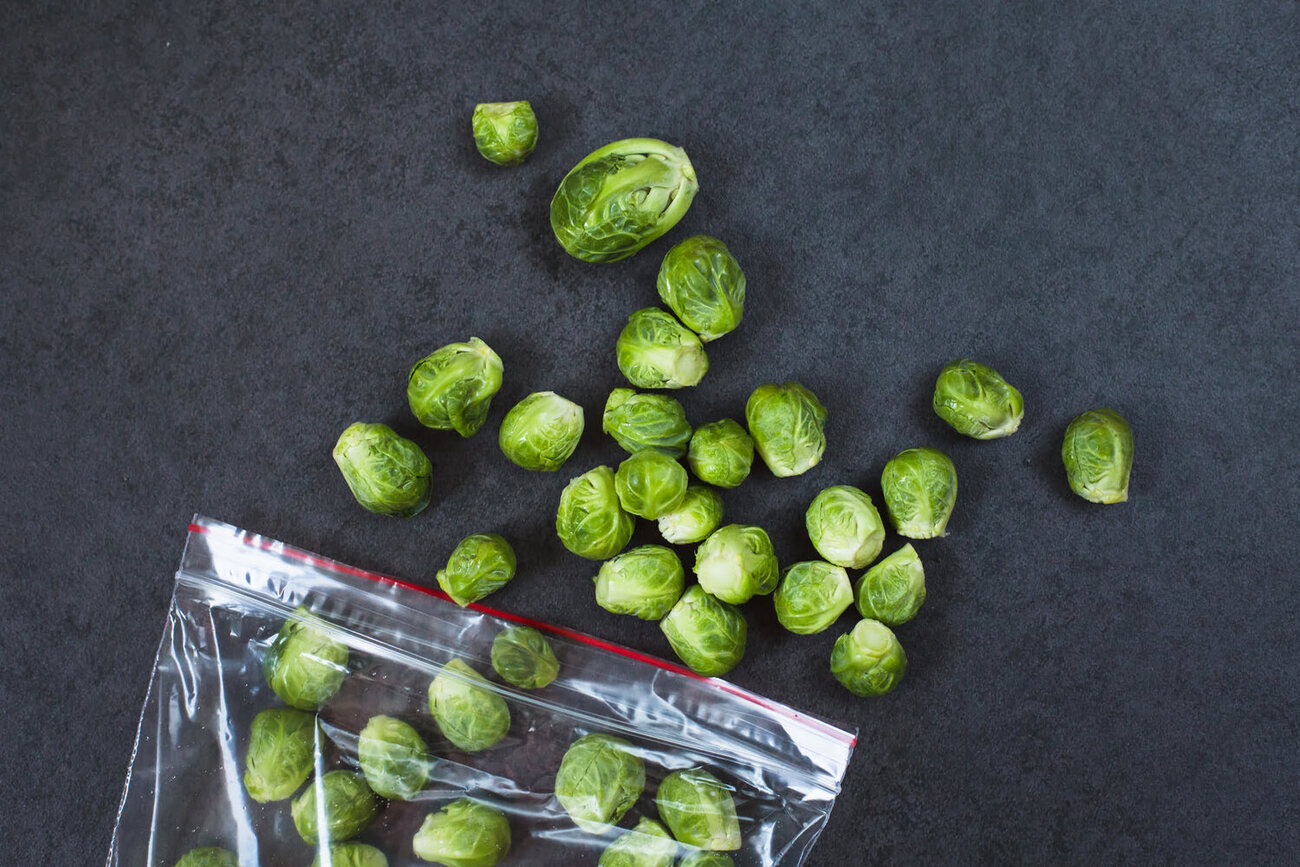
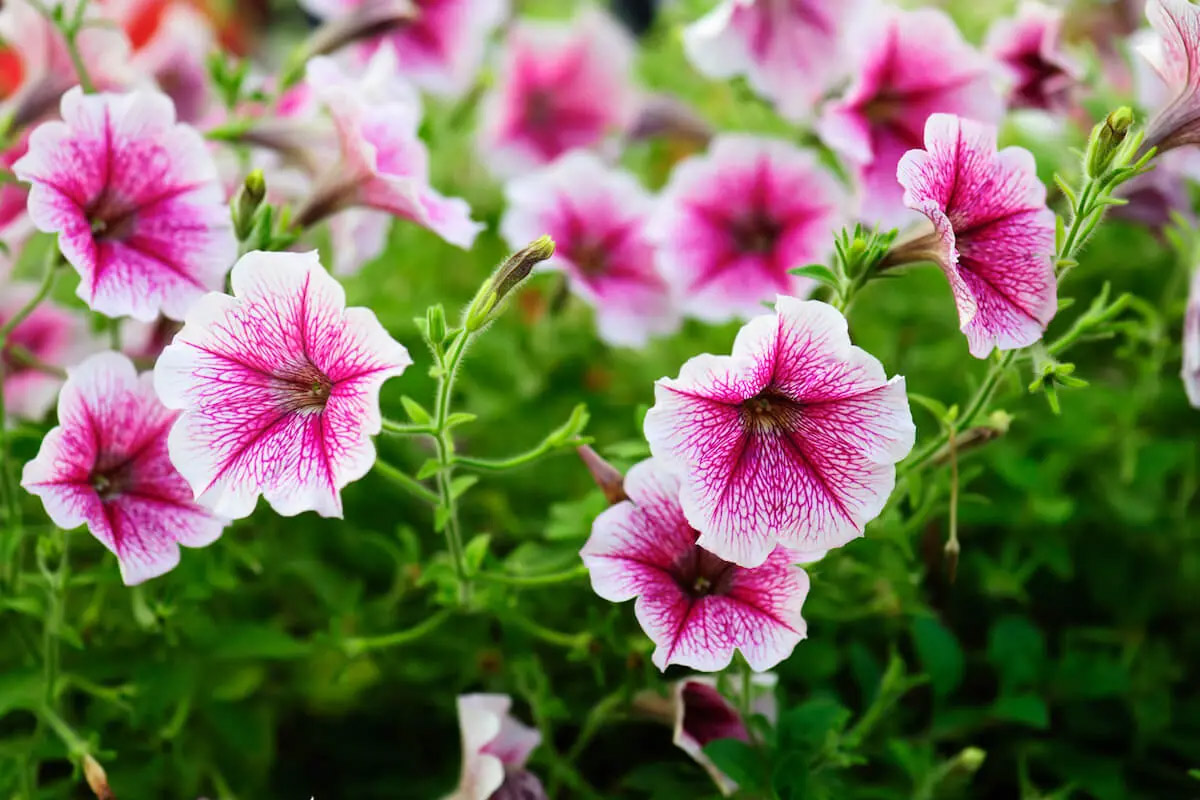
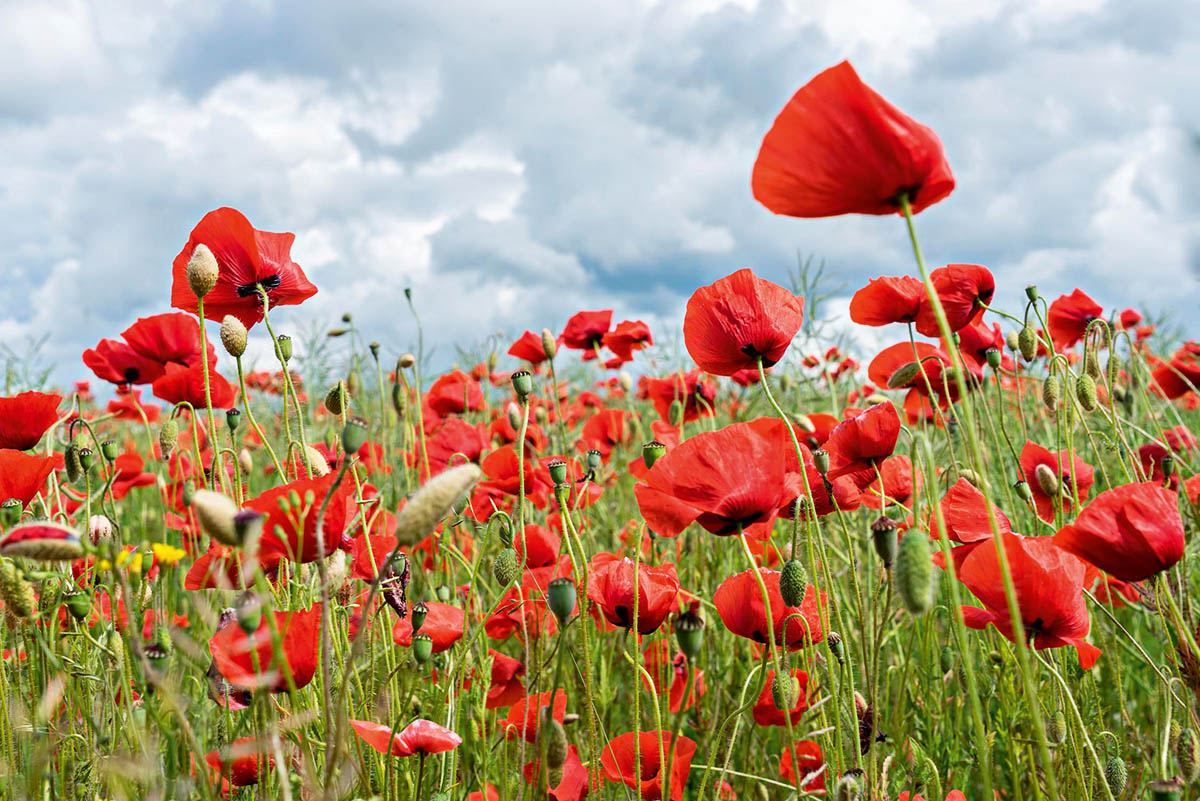
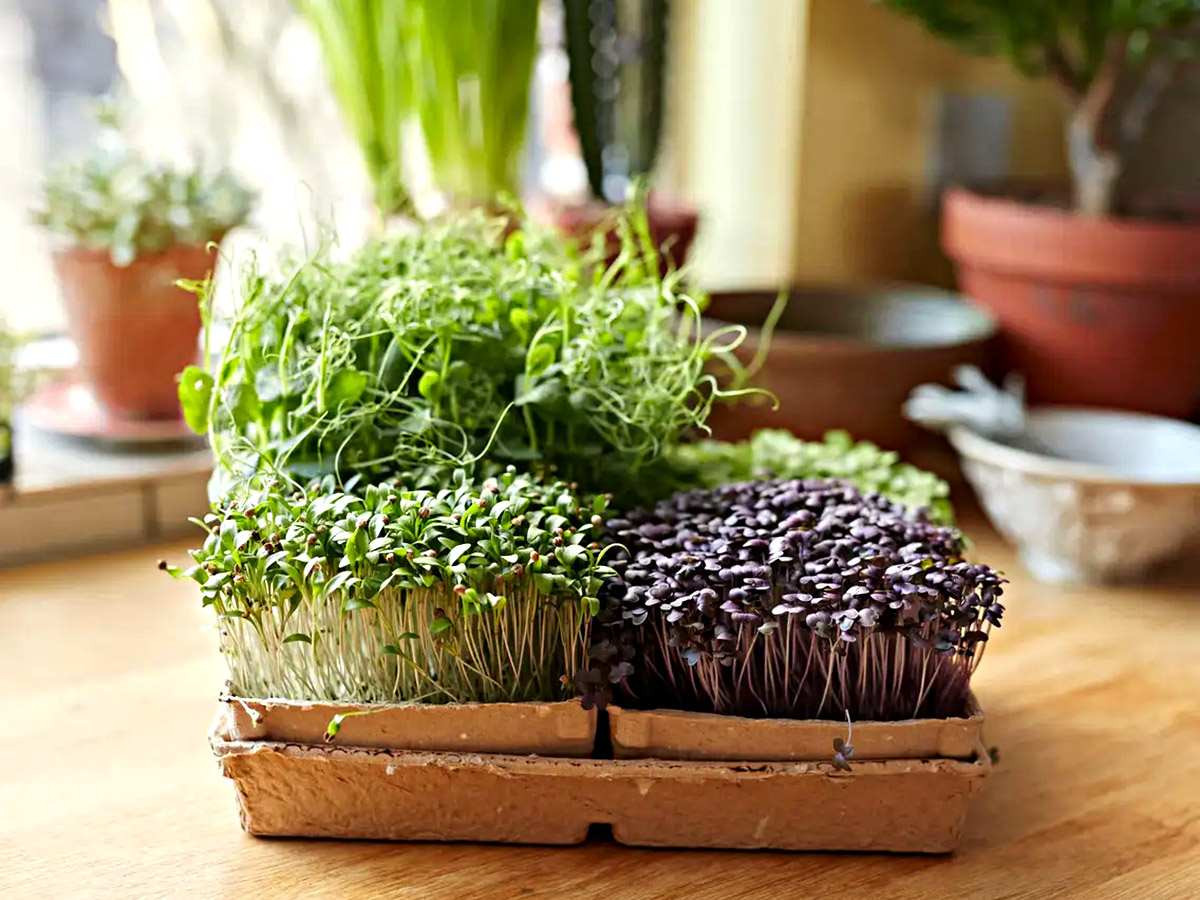
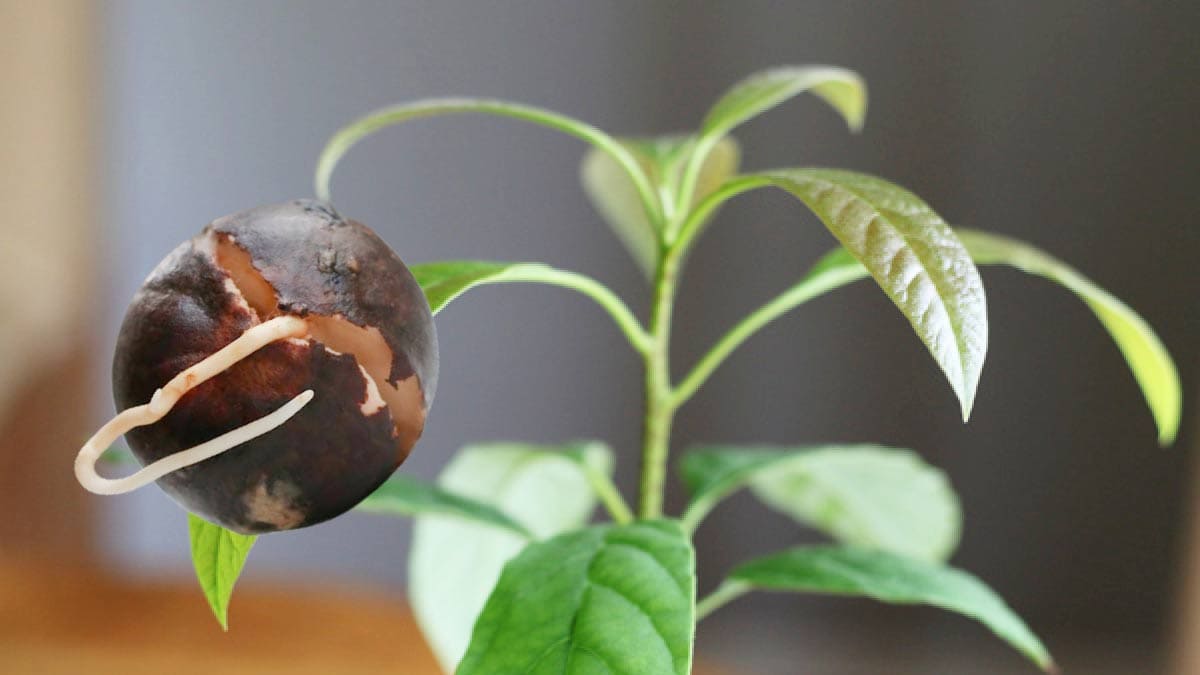
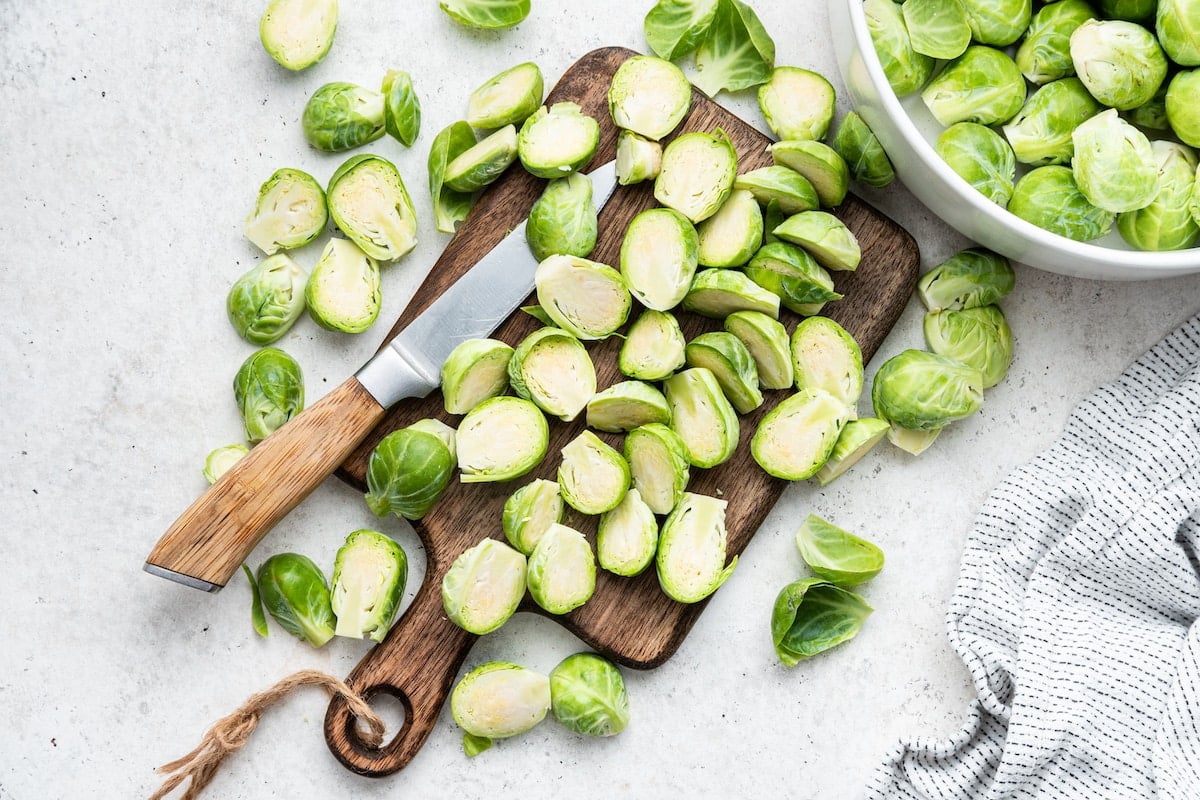
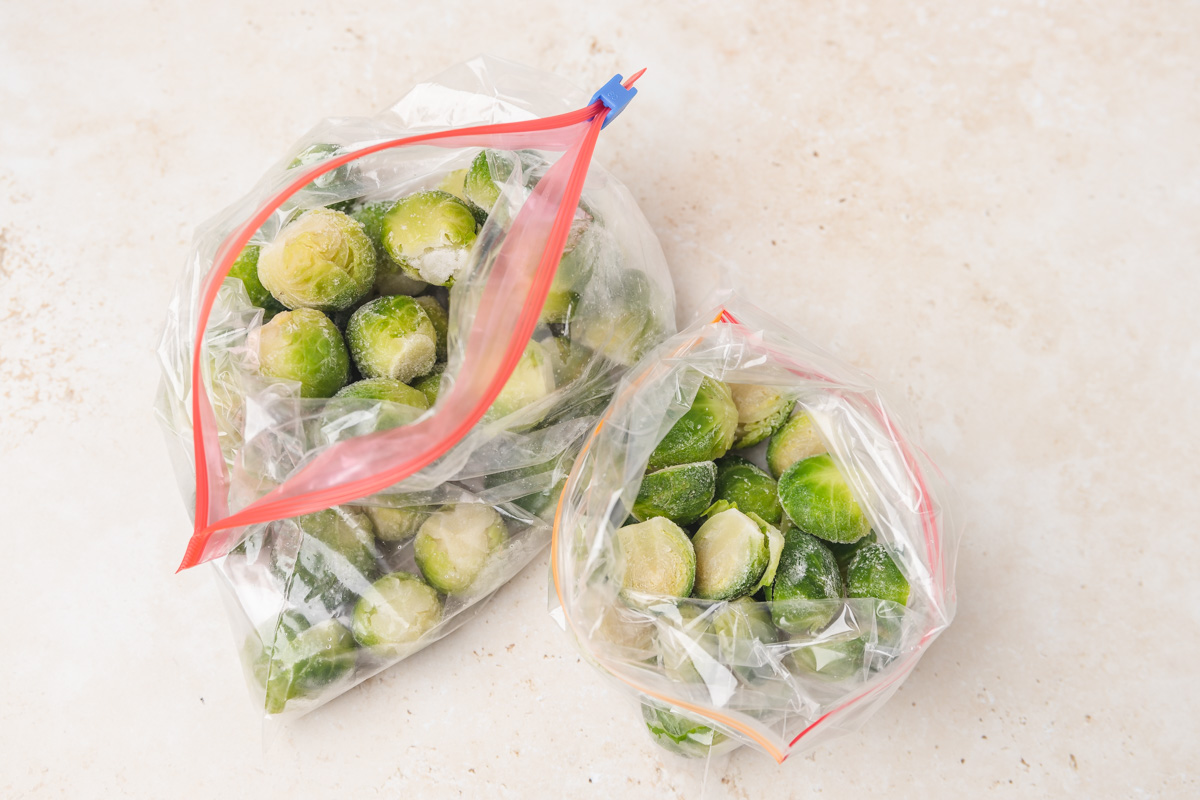
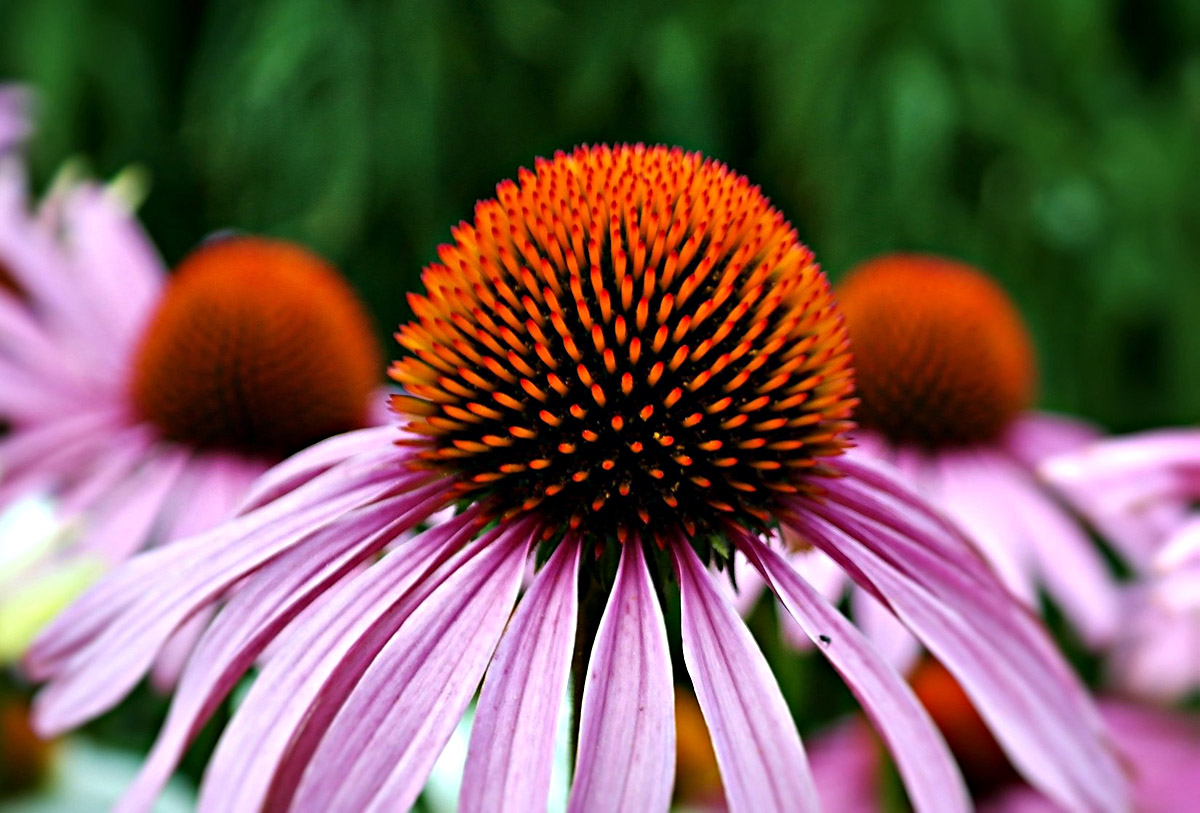
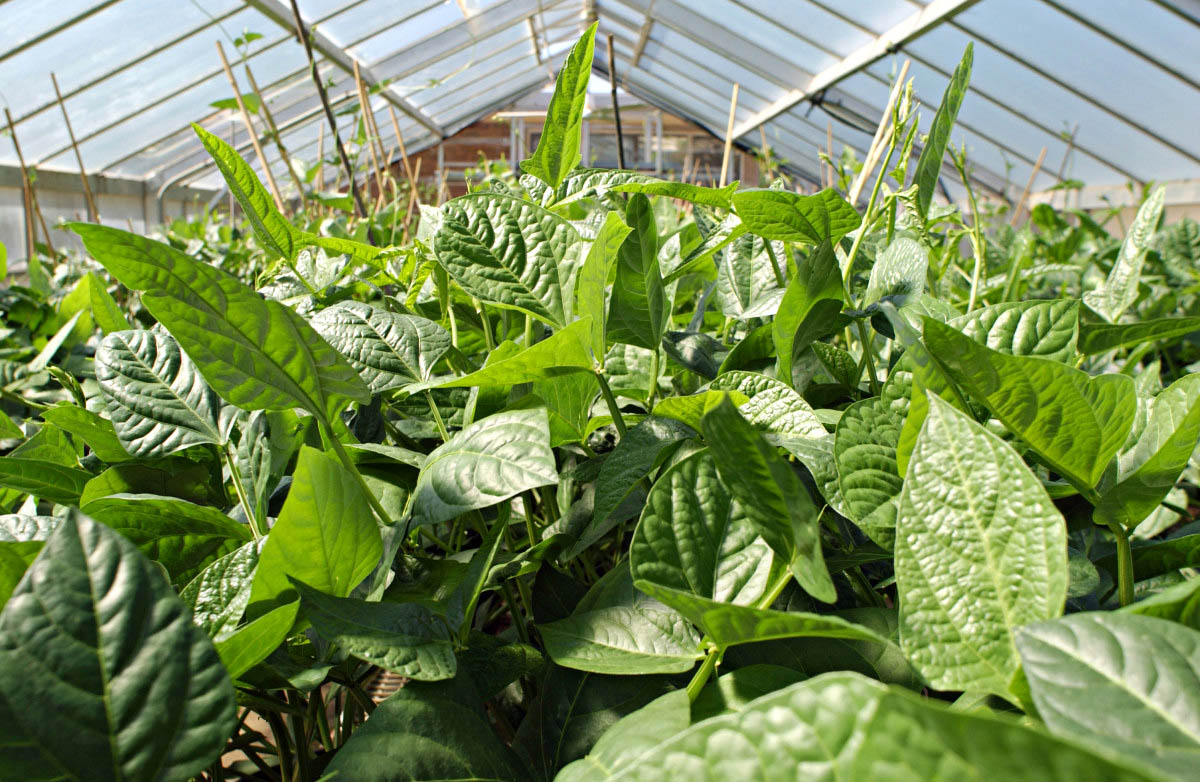
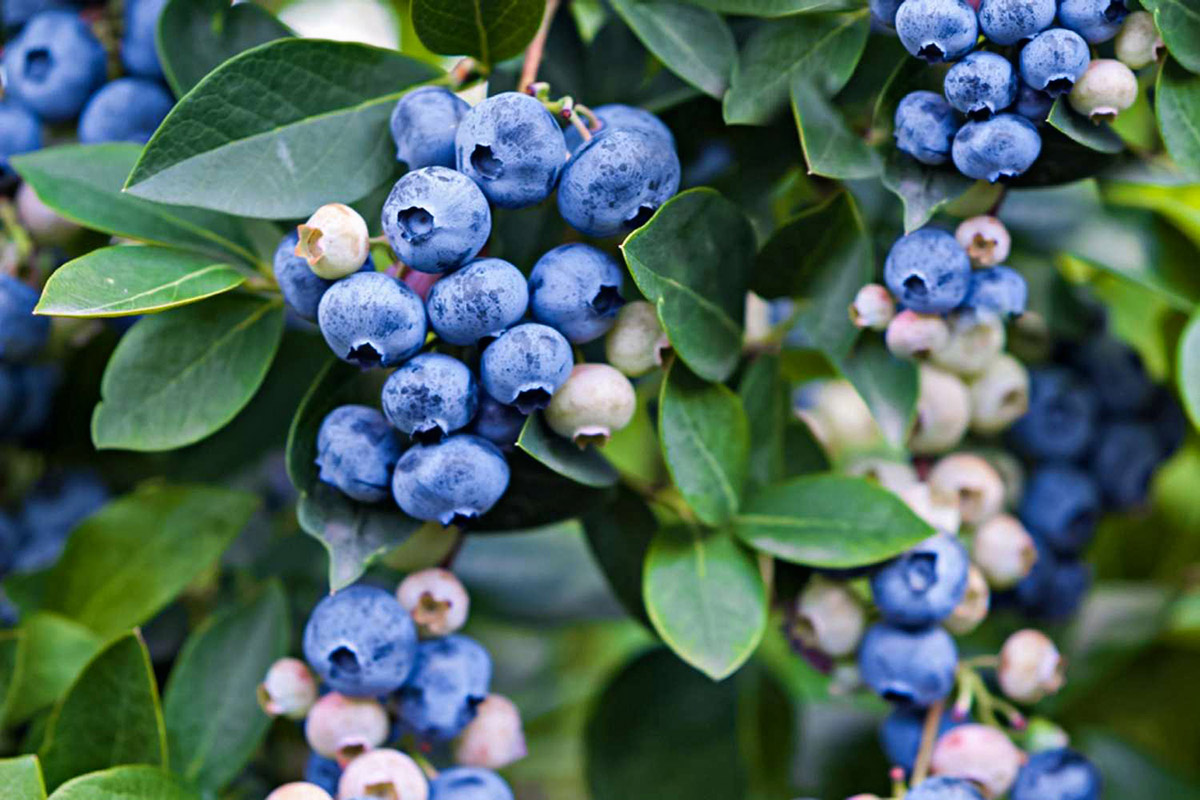
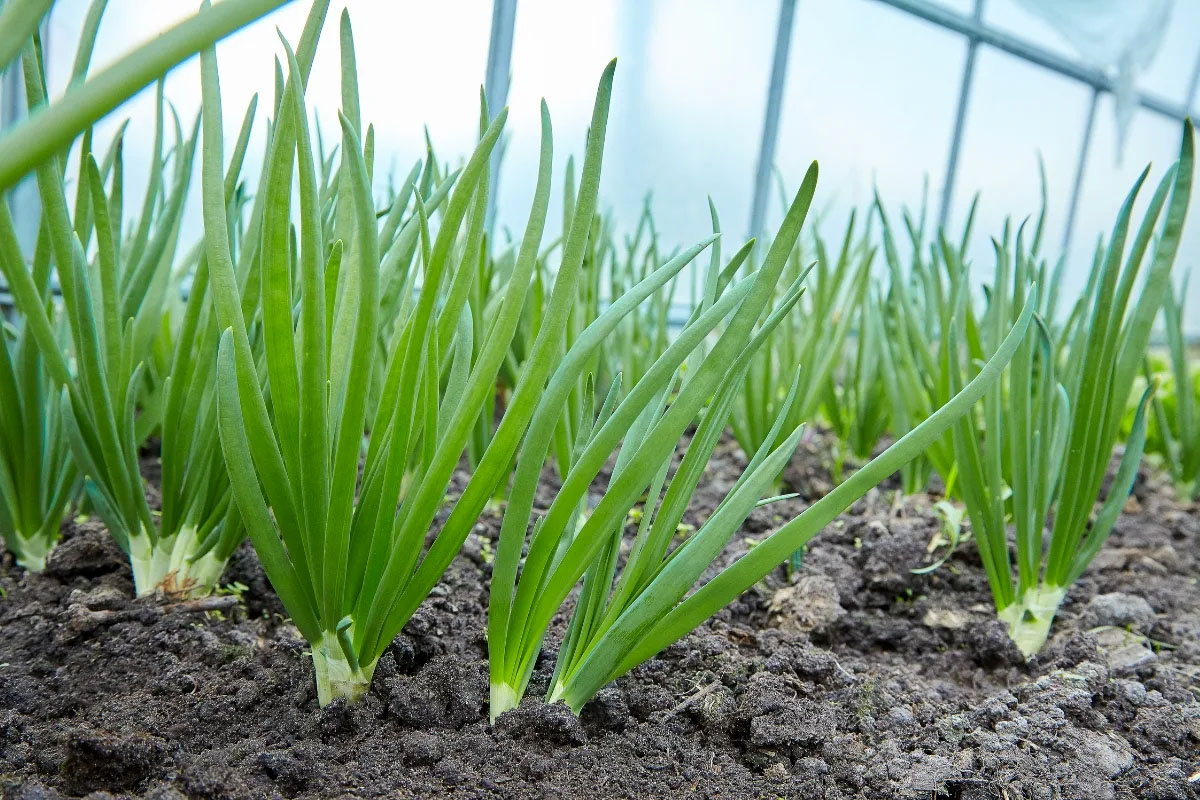
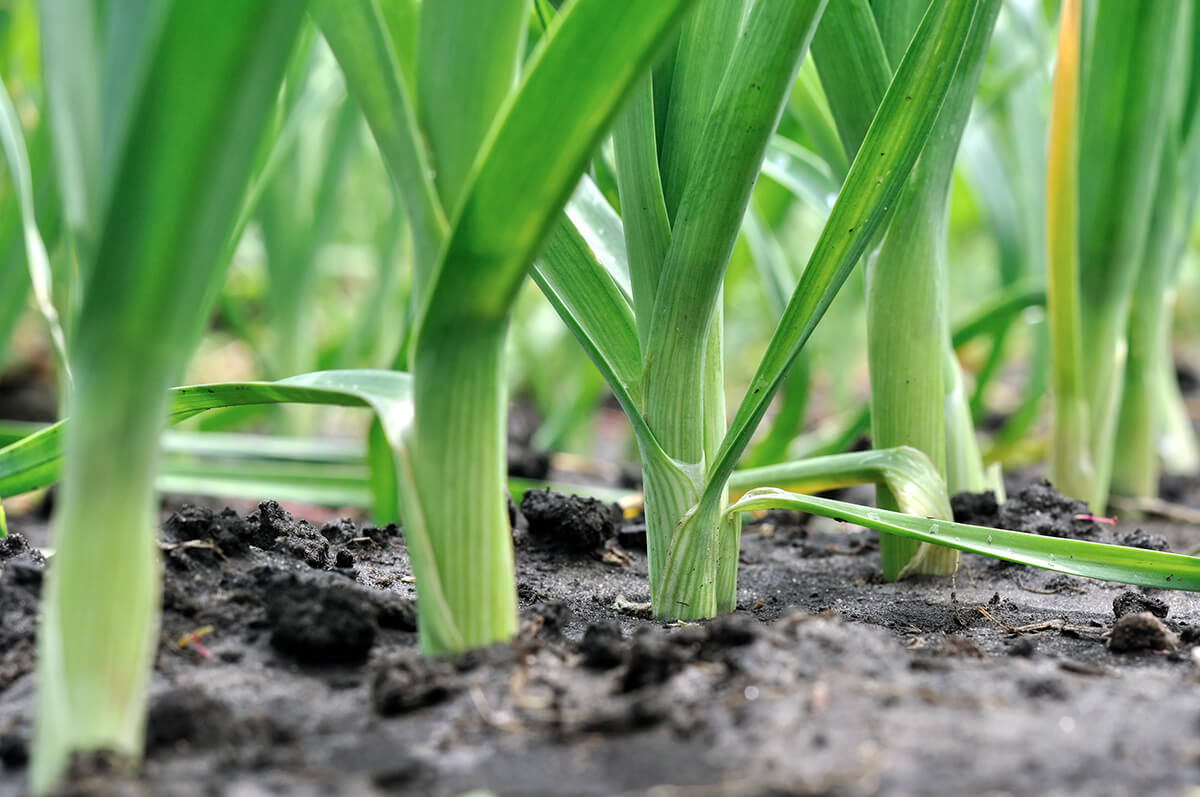
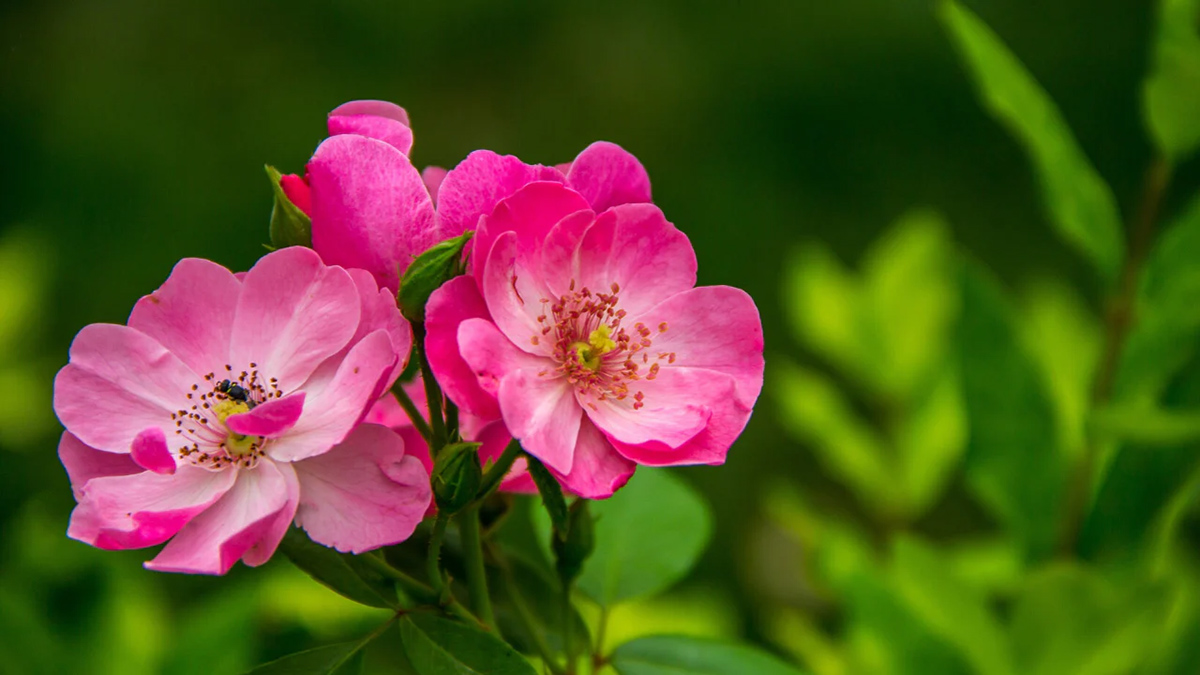
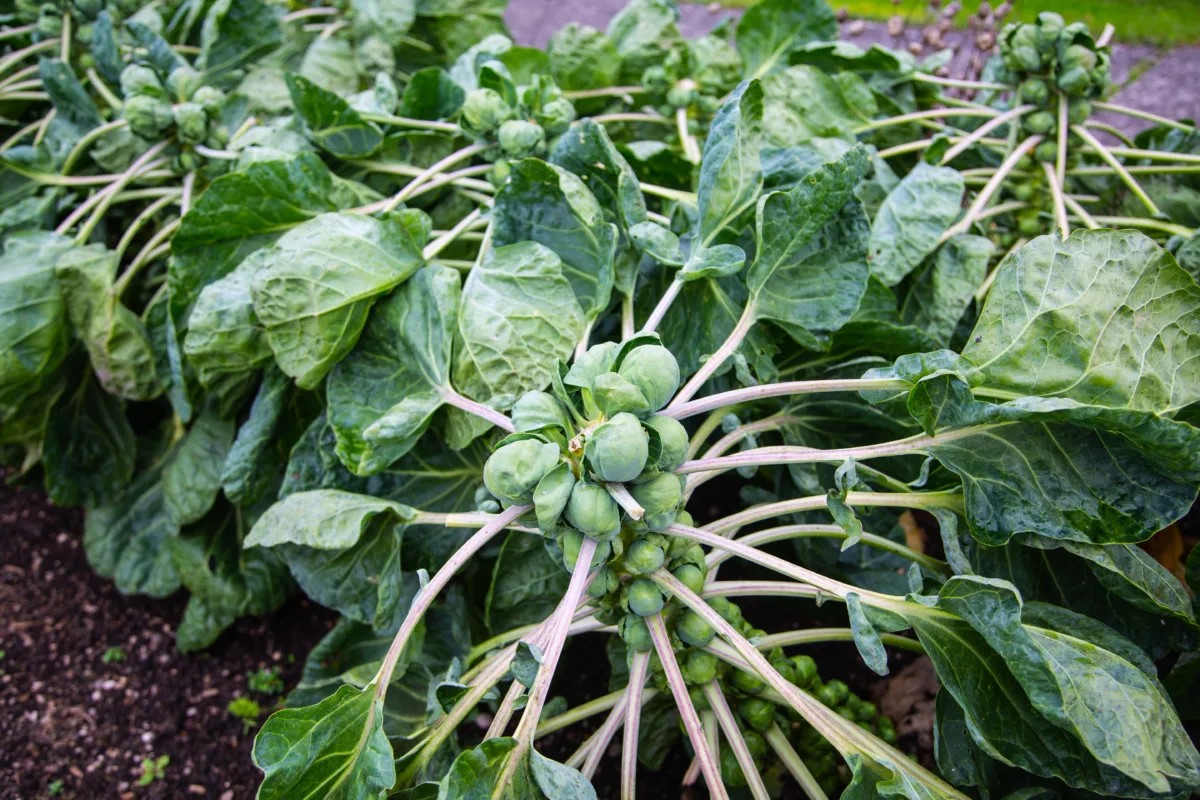

0 thoughts on “How Long Do Brussel Sprouts Take To Germinate”